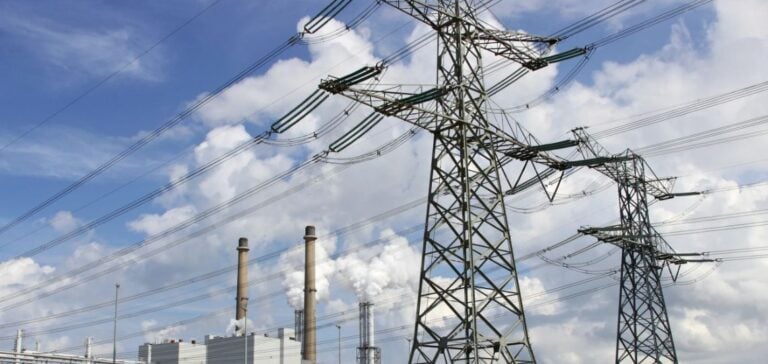The Directorate General for Competition, Consumer Affairs, and Fraud Control (DGCCRF) has published the findings of its investigation into energy suppliers’ contracts in France. Out of the 27 companies inspected in 2023, 17 were found to have clauses deemed abusive or illegal. Triggered by multiple consumer complaints, this investigation shed light on practices that raise concerns about regulatory compliance within the energy sector.
Non-Compliant Practices Amid Rising Prices
The year 2022 saw a dramatic increase in electricity and natural gas prices, prompting some suppliers to unilaterally revise their general terms and conditions. However, the DGCCRF highlighted that these revisions were often implemented without sufficient consumer notification. Among the contractual documents reviewed, a significant proportion showed irregularities, ranging from outdated clauses to misleading commercial practices.
According to the report, 11 warnings were issued to the companies concerned for minor infractions. However, serious breaches were also identified among several national suppliers and local distribution companies (LDCs), necessitating stricter measures such as injunctions and a €20,000 fine.
Clauses Directly Impacting Consumers
Among the criticized practices, certain clauses stipulated that any increases in taxes or charges would automatically be passed on to consumers’ bills, without guaranteeing equivalent reductions in the event of tax decreases. These clauses, found in contracts of three major national suppliers, violate principles of fairness.
Local distribution companies, operating in regions where competition remains limited, were also criticized. Their contracts often contained provisions restricting consumer rights, particularly regarding contract termination. These practices are deemed concerning in a context where competition is insufficient to fully protect customer interests.
A Mix of Education and Sanctions
The DGCCRF stated that it adopted a pedagogical approach to raise awareness among industry players about their regulatory obligations. However, in the most severe cases, sanctions were imposed, including injunctions to ensure compliance. The findings of this investigation underscore the need for stricter oversight and regular monitoring of contractual practices in the energy sector, especially amid price volatility.






















